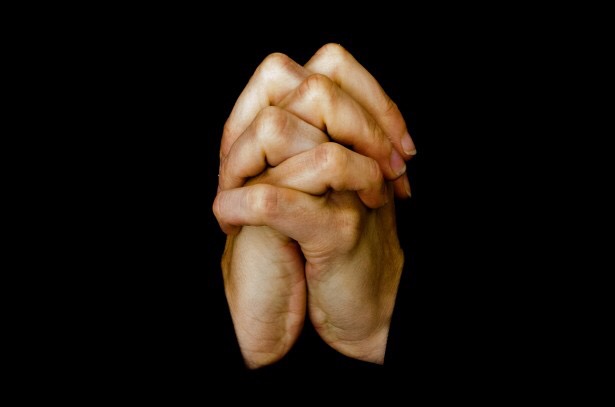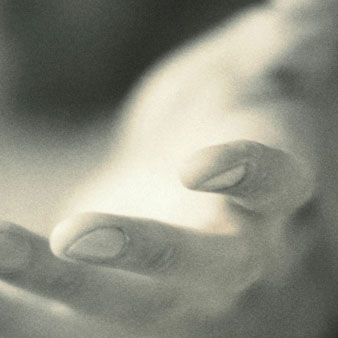Today’s Gospel is one of those we should frequently read to ourselves and continuously strive to exemplify:
If you love those who love you, what right have you to claim any credit? . . .
Love your enemies and pray for those who persecute you.
On this measure, it’s not easy to be Christian. It’s not easy to love those who have betrayed us. It’s even harder to love those who have hurt someone we love. But our duty is clear.
The good news is, we’re not alone. We can pray for the grace to love our enemies. We can pray for healing.
This extract comes from Corrie Ten Boom, a Dutch Christian who resisted the Nazis and hid Jews in her home. Towards the end of the war, she and her sister were arrested, and sent to a concentration camp.
After the war, Ten Boom toured Europe, preaching a gospel of love and forgiveness. Her experience is a remarkable one, but it’s one we can imitate.
It was in a church in Munich that I saw him, a balding heavy-set man in a gray overcoat, a brown felt hat clutched between his hands.
One moment I saw the overcoat and the brown hat; the next, a blue uniform and a visored cap with its skull and crossbones. It came back with a rush: the huge room with its harsh overhead lights, the pathetic pile of dresses and shoes in the center of the floor, the shame of walking naked past this man. I could see my sister’s frail form ahead of me, ribs sharp beneath the parchment skin. Betsie, how thin you were!
This man had been a guard at Ravensbruck concentration camp.
“You mentioned Ravensbruck in your talk,” he was saying. “I was a guard in there.” No, he did not remember me.
“But since that time,” he went on, “I have become a Christian. I know that God has forgiven me for the cruel things I did there, but I would like to hear it from your lips as well. Fraulein, …” his hand came out, … “will you forgive me?”
And I stood there — I whose sins had every day to be forgiven — and could not. Betsie had died in that place — could he erase her slow terrible death simply for the asking?
It could not have been many seconds that he stood there, hand held out, but to me it seemed hours as I wrestled with the most difficult thing I had ever had to do.
I stood there with coldness clutching my heart. But forgiveness is not an emotion — I knew that. Forgiveness is an act of the will, and the will can function regardless of the heart’s temperature.
“Jesus, help me!” I prayed silently. “I can lift my hand, I can do that much. You supply the feeling.”
And so woodenly, mechanically, I thrust my hand into the one stretched out to me. And as I did, an incredible thing took place. The current started in my shoulder, raced down my arm, sprang into our joined hands. And then this healing warmth seemed to flood my whole being, bringing tears to my eyes.
“I forgive you, brother!” I cried. “With all my heart!”
For a long moment we grasped each other’s hands, the former guard and the former prisoner. I had never known God’s love so intensely as I did then.
Ten Boom’s most famous book is her autobiography, The Hiding Place. I think I first read it when I was in school, but I’ve also read it since. It’s worth finding.
The film version of this book is available in full on YouTube. I haven’t watched it yet, but I intend to.






I too have read Corrie Ten Boom’s book. It is an amazing story of forgiveness. I remember this part where Corrie had to pray to Jesus for the feeling of forgiveness. Jesus didn’t let her down. It does work. I had to ask Jesus to for give who caused me a great deal of pain. It took some time but I have peace now. I truly believe forgiveness is a gift from God and holds the ‘key’ to freedom
Thanks for this Father. Corrie Ten Boom is one of my heroes of the Faith. She wrote in one of her books ,that it did not matter what denomination one was from,or what their views were on Bible prophecy. What mattered was their Belief in Christ as their personal Saviour and in His Atonement and Resurrection.
I think she said that in the shadow of the gas chambers what one’s view of Christ was what mattered.